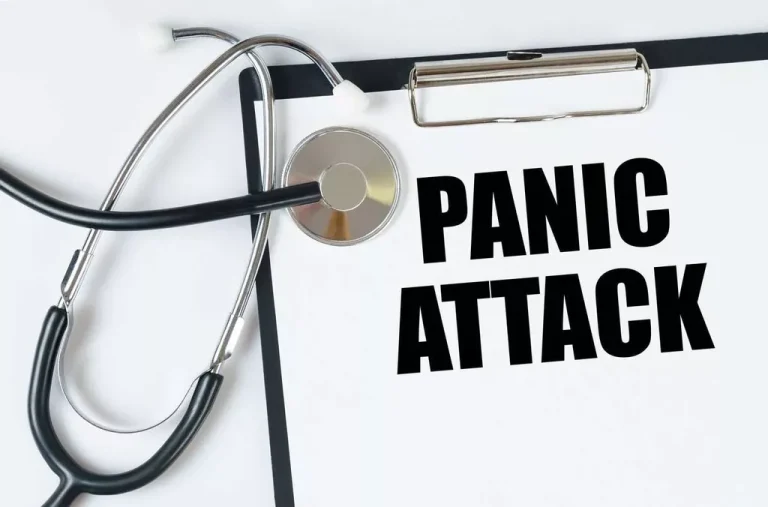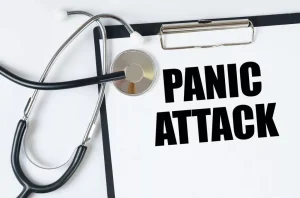
However, it’s equally important to recognize when https://ecosoberhouse.com/ making amends might cause further harm. Step 9 advises against making amends if it risks additional harm to the other party. This balance ensures that the process of making amends is constructive rather than detrimental. Making direct amends involves directly apologizing to those affected and stating specific actions taken to rectify past behaviors. However, if direct contact could cause further pain, “living amends”—which focus on changing behaviors to reflect a commitment to recovery—become a vital alternative.
How to Create a Healthy Work-Life Balance During Sobriety
These networks offer encouragement and accountability, making the journey towards repairing relationships more manageable. While words hold significance, actions alcoholism treatment speak louder than words when it comes to making amends during addiction recovery. It is not enough to simply say, “I’m sorry.” Individuals must back up their apologies with tangible actions that demonstrate a genuine commitment to change and rebuilding trust. But making amends isn’t just about helping others—it’s also about helping yourself. Carrying around guilt, shame, or regret can be heavy and emotionally draining.

Are there healthy alternatives to cope with the feelings involved in making amends?
This negative self-perception can seriously hinder recovery efforts and trigger feelings that may result in relapse. Understanding this distinction is essential for tailoring therapeutic approaches, enabling individuals to address destructive emotions and encourage personal growth. Individuals living with addiction often push their loved ones away, which can cause significant harm to their relationships. Healing and building a healthy support system is a critical part of the recovery process.
- You made the amend to clean up your side of the street, acknowledging your wrongdoing and taking responsibility for your actions.
- Making amends can take many forms, each shaped by the specific circumstances and the people involved.
- Children don’t need to hear about the disease of alcoholism or the Twelve Steps.
- But the rewards you’ll reap from living amends can help make the challenges easier and more productive.
Making Amends vs. Making an Apology
Recognizing that these feelings are natural in the process of recovery allows individuals to approach amends with greater self-acceptance. Respecting boundaries is pivotal when preparing to make amends. If confronting someone directly could cause further harm, alternative approaches, such as indirect amends or community service, can provide opportunities to show growth and commitment to recovery. As a recovering addict, when you engage in the living amends process—even imperfectly—you and your loved ones will notice and appreciate this effort.

The 12-step program instills honesty and integrity in members. If making amends requires the recovering alcoholic to report a past crime, they must be willing to go to jail to complete this step on their road to a complete and limitless recovery. From the steps leading up to nine, recovering alcoholics begin to develop tools to handle stressful situations without liquor and believe in a Higher Power greater than themselves. For many, it’s tempting to make amends as soon as possible to “get it out of the way,” but it’s advisable that you take your time to prepare yourself first.

Participants in therapy have a 50% higher rate of sustained recovery than those who do not engage in it. We can’t know for certain how another person will respond—or even how the interaction might affect us emotionally. So be sure to talk with your sponsor and/or living amends support group about your plan in the event that you need support. It’s common to think that making amends is the same as offering an apology, but there’s an important difference. Explore ‘stress awareness in recovery’ – understanding, managing, and coping with stress during healing.

When individuals lie to themselves or others, they often evade confronting challenging emotions and situations, leading to isolation. Regular check-ins with recovery coaches or mentors are essential to maintain accountability. Furthermore, keeping a personal inventory and journaling can reinforce a culture of honesty in one’s daily life, preventing setbacks before they escalate into relapse. In summary, the role of community and support systems cannot be overstated. These connections provide individuals with the emotional backing to navigate guilt and shame, reinforcing their journey toward recovery and self-acceptance. Unaddressed feelings of guilt and shame can have negative consequences for recovery.
